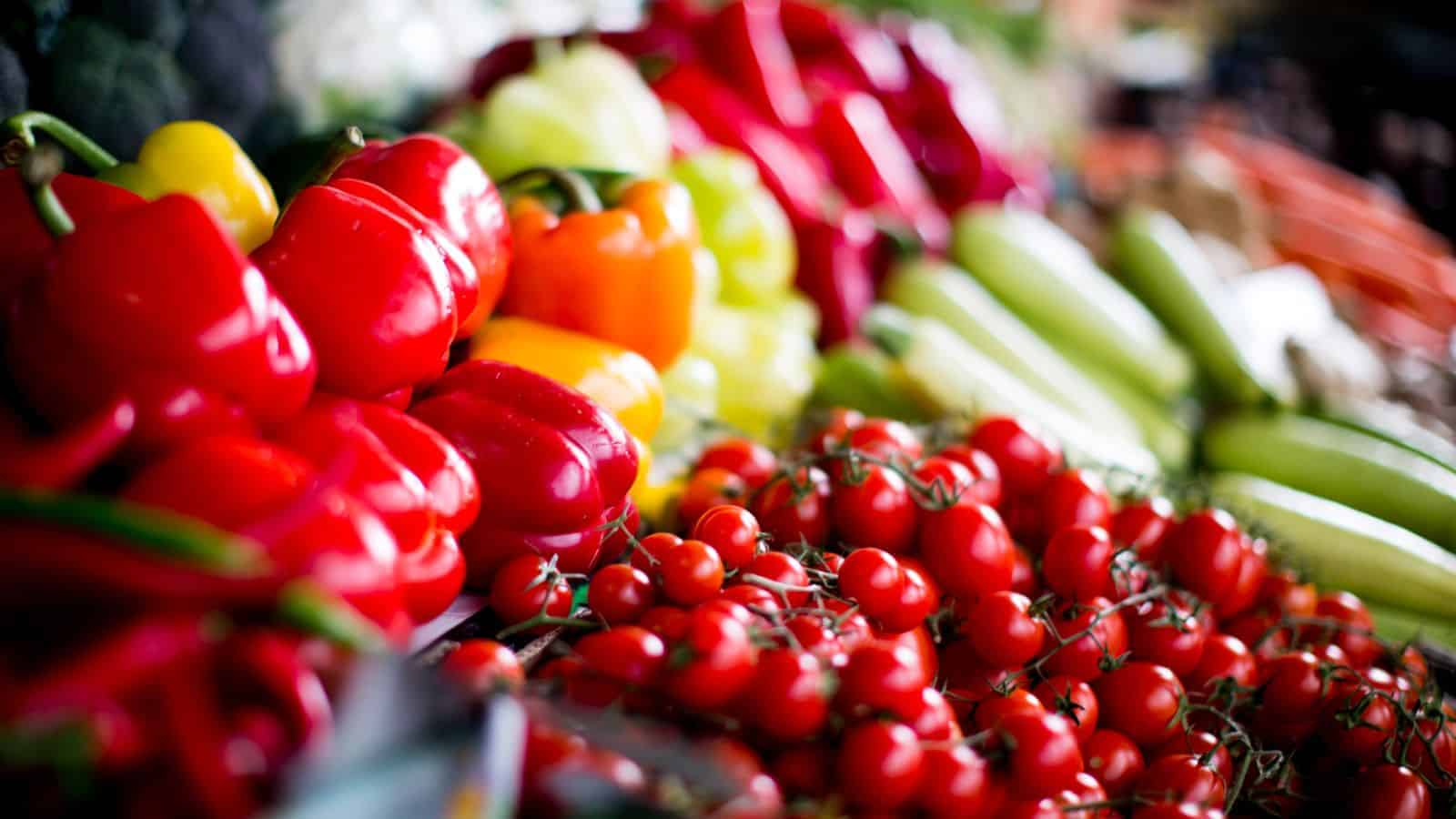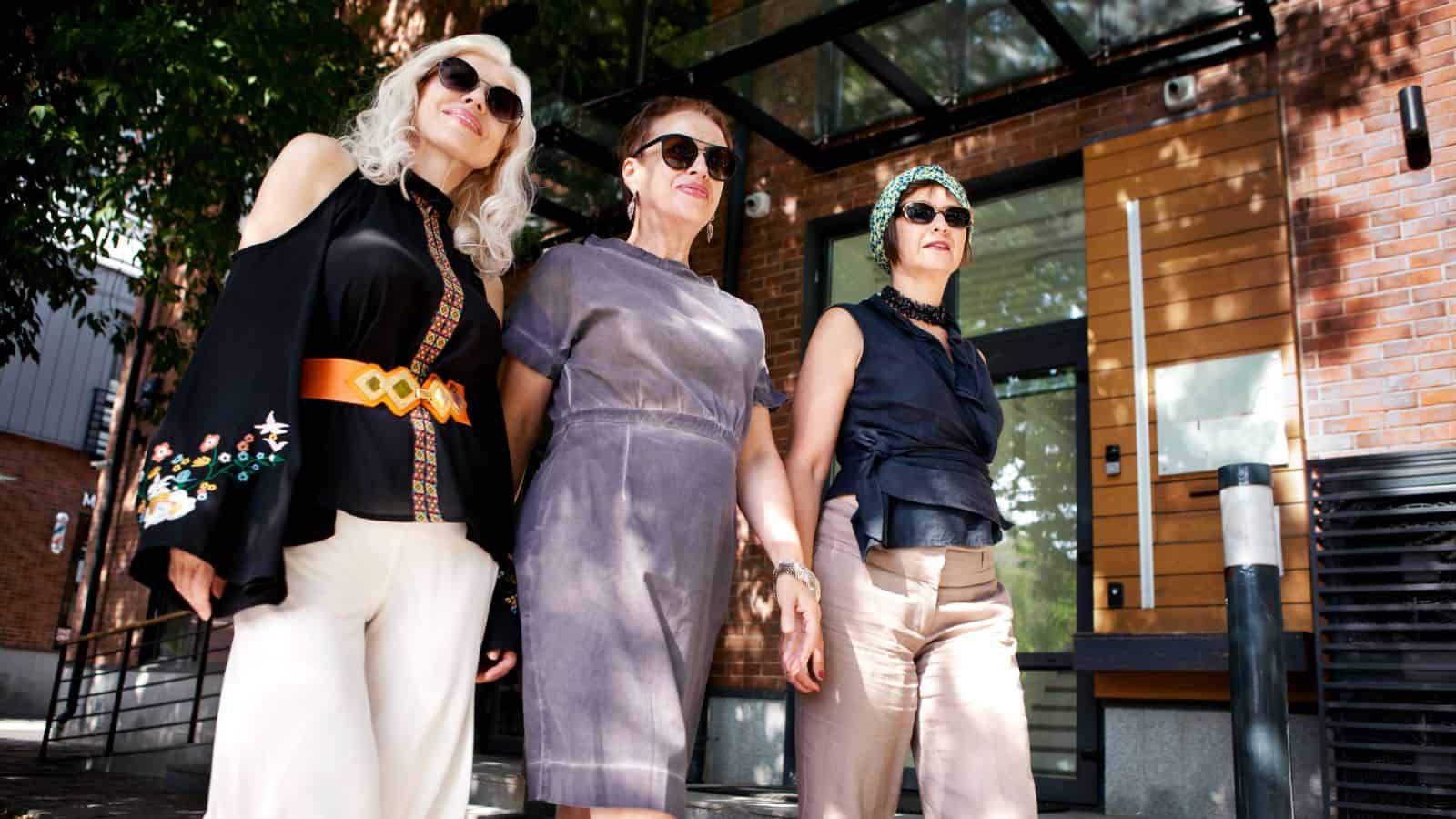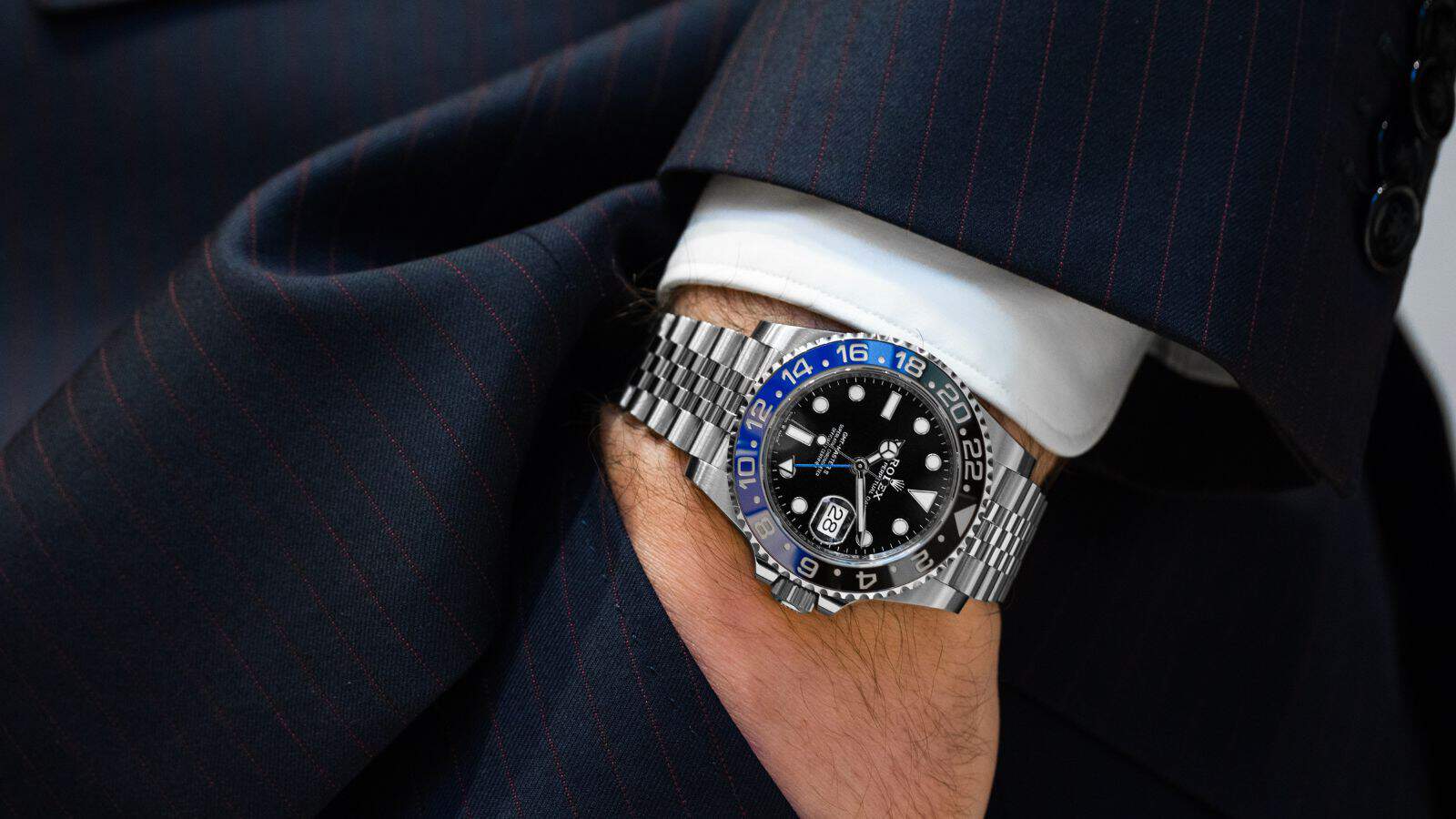Europe is a continent where traditions differ between countries, just like the weather and the people. Thanks to Europe’s long history of tradition, Europeans have learned to do many things better than over here! If you don’t believe us, here are 17 things that Europeans just do better.
Wine and cheese

European countries excel in cheese production and offer an extensive range of flavors and textures. According to Food and Wine magazine, cheese and wine are a classic European combination, and you can’t beat their age-old traditions and modern innovations in regions like Bordeaux, Tuscany, and the Rioja Valley.
Farm-to-table produce

European food markets are wonderful, with some famous examples including Amsterdam’s De Foodhallen and Le Marché Raspail in Paris. Their emphasis on locally sourced and seasonal ingredients supports local agriculture and provides farm-fresh options for consumers, something that we Americans can only dream of!
Inter-rail

Due to the efficiency and reach of rail systems, both urban and rural areas across Europe are easily accessible, even across borders. These systems take the stress out of traveling across Europe, and many European students will dedicate a year to using the service to explore the continent thoroughly.
Public Transport

European cities like Amsterdam and Copenhagen integrate bikes, trams, and buses into a seamless public transport network, making it easy (and sustainable) to get from A to B. The ongoing investments in public transportation infrastructure, including eco-friendly buses, will ensure that commuting around Europe only gets better.
Cultural heritage

All around Europe, traditional festivals celebrate old customs and rituals, bringing communities together in fun and exciting ways. Festivals such as Spain’s La Tomatina–which Britannica says celebrates the summer tomato harvest–are preserved and celebrated, drawing tourists from all over the world and honoring the proud history of individual European countries.
A good work-life balance

In most European countries, employment laws mandate that workers have at least four weeks of paid vacation days. This ensures workers have ample time to relax and rejuvenate. Some countries like the Netherlands lean towards shorter working hours than the rest of Europe, improving personal well-being for workers, which in turn increases productivity.
Maternity and paternity leave

Similarly, working parents have the right to maternity and paternity leave, giving them time to look after their new baby. There are differences between countries in terms of time and pay, but countries like Norway and Germany offer generous parental leave policies that support family well-being and gender equality.
Green living

Countries like Denmark, Iceland, and Germany have made enormous strides in wind and solar energy production. Austria and Germany, among other countries, have developed effective waste management systems with high recycling rates. In many European cities, green spaces can be found within urban environments, promoting environmental sustainability and public health.
Affordable healthcare

In many European countries, healthcare is provided to all citizens for free, focusing on accessibility and quality. Medical research and development in European institutions also put great emphasis on preventive care through public health policies and community health programs. If only we had this in the US!
The education system

Early childhood education systems in countries like Finland and Norway rank consistently higher globally than the US. For example, multilingual education is standard practice, enhancing communication skills and cultural understanding. This doesn’t stop at language, though; European universities rank far higher in global academic and research rankings than most US colleges.
Music and literature

European classical music composers like Mozart, Beethoven, and Bach have had an enduring influence through the years and are still greatly appreciated. European literature has also made wonderful contributions to the world, with authors like Victor Hugo, Miguel de Cervantes, and Dostoevsky influencing American writers and filmmakers to this day.
Fashionable clothing

European cities such as Paris and Milan contribute greatly to setting global fashion trends, with Encyclopedia.com saying that Paris has been the fashion capital of the Western world for centuries. Sustainable fashion practices are also on the rise in Europe, with designers using eco-friendly materials and ethical manufacturing.
Sports and recreation

European countries have a deep-rooted football (soccer) culture, with fan traditions and local rivalries. There’s also the European Alps, known for their breathtaking skiing spots. Those are just two examples; sports may be popular in the US, too, but Europe has far more variety and a deep sports culture!
Luxury goods and craftsmanship

Swiss watchmakers are famous for their precision and prestige, with Rolex probably the best-known name in luxury watches. Italy is renowned for its quality leather products and craftsmanship, and French perfume-making is globally revered for its sophistication and innovation. Unfortunately, here in America, we just don’t have many finely crafted equivalents.
Chocolate

Many European chocolates are revered worldwide, with the makers using age-old techniques and quality ingredients. Preserving artisanal confectionery techniques in countries like France, Belgium, and Switzerland has even ensured that chocolate contributes to culinary tourism! Sadly, when Europeans travel to the US, they’re not impressed with our chocolate.
Delicious breads and pastries

Austria is famous for its apfelstrudel and the original croissant, and France, of course, gave us the kipper-inspired croissant and the eclair. We thank Italy for the cannoli, the focaccia, the ciabatta, and much more. Germany gave the world soft pretzels and so many delicious crusty breads. We could go on!
Christmas markets

Finally, the charm of Christmas markets in European cities simply cannot be beaten, with Forbes marking Budapest’s Christmas market as the best in Europe. These markets bring together every joyous thing about the season we love. They have hot food, cocoa, mulled wine, twinkling lights, carol singing, and plenty of festive spirit. If you’ve not visited, you’re missing out!
Up Next: 19 Things Men Want To Avoid As They Get Older

19 THINGS MEN WANT TO AVOID AS THEY GET OLDER
18 U.S. Cities Americans Say Are the Best to Live In

18 U.S. CITIES AMERICANS SAY ARE THE BEST TO LIVE IN
17 Most Common Reasons Men Break Up With Women

